PCB Network News

Printed Circuit Boards (PCBs), also known as printed wiring boards, printed circuit boards, or printed wiring boards, are defined as conductive patterns made on an insulating substrate according to a predetermined design, which includes printed circuits, printed components, or a combination of both. The conductive patterns that provide electrical connections between components on the insulating substrate are referred to as printed circuits.
PCBs were first developed in the 1930s using electronic printing techniques, with insulating boards as the substrate. They selectively process holes and layout metal circuit patterns to replace the chassis used in previous electronic component installations, enabling interconnections between electronic components and serving as a medium for signal transmission. They are often referred to as the “mother of electronic products.” The development level of this industry can reflect the overall development speed and technological level of a country’s or region’s electronics industry. With the growth of the electronics industry, the application of PCBs will become increasingly widespread.
There are various ways to classify PCB products, with the most common methods in the industry being based on the number of circuit layers, product structure, and product usage, as detailed below:
(1) Classification by the number of circuit layers
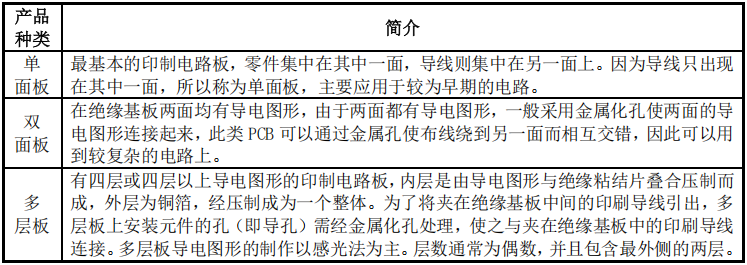
(2) Classification by product structure
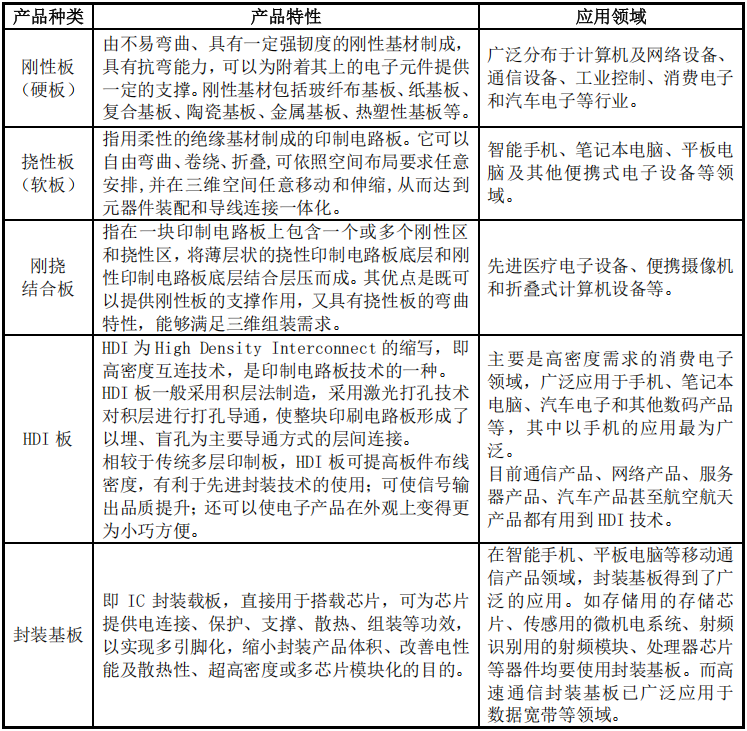
(3) Classification by product usage

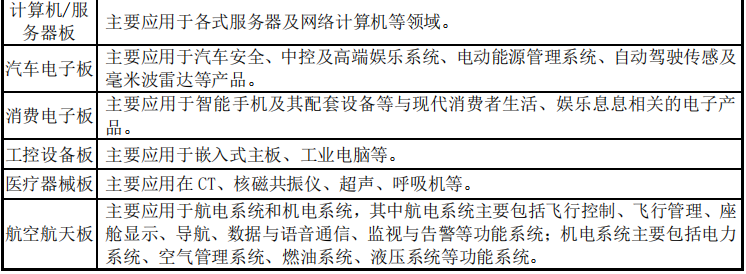
Source: Compiled from Shengyi Electronics Annual Report
Copyright Statement: This article’s copyright belongs to the original author and does not represent the views of the association. Articles promoted by the “Guangdong Circuit Board Industry Association” are for sharing purposes only. If there are any copyright issues, please contact us for removal. For more PCB industry news, scan the QR code below
For more PCB industry news, scan the QR code below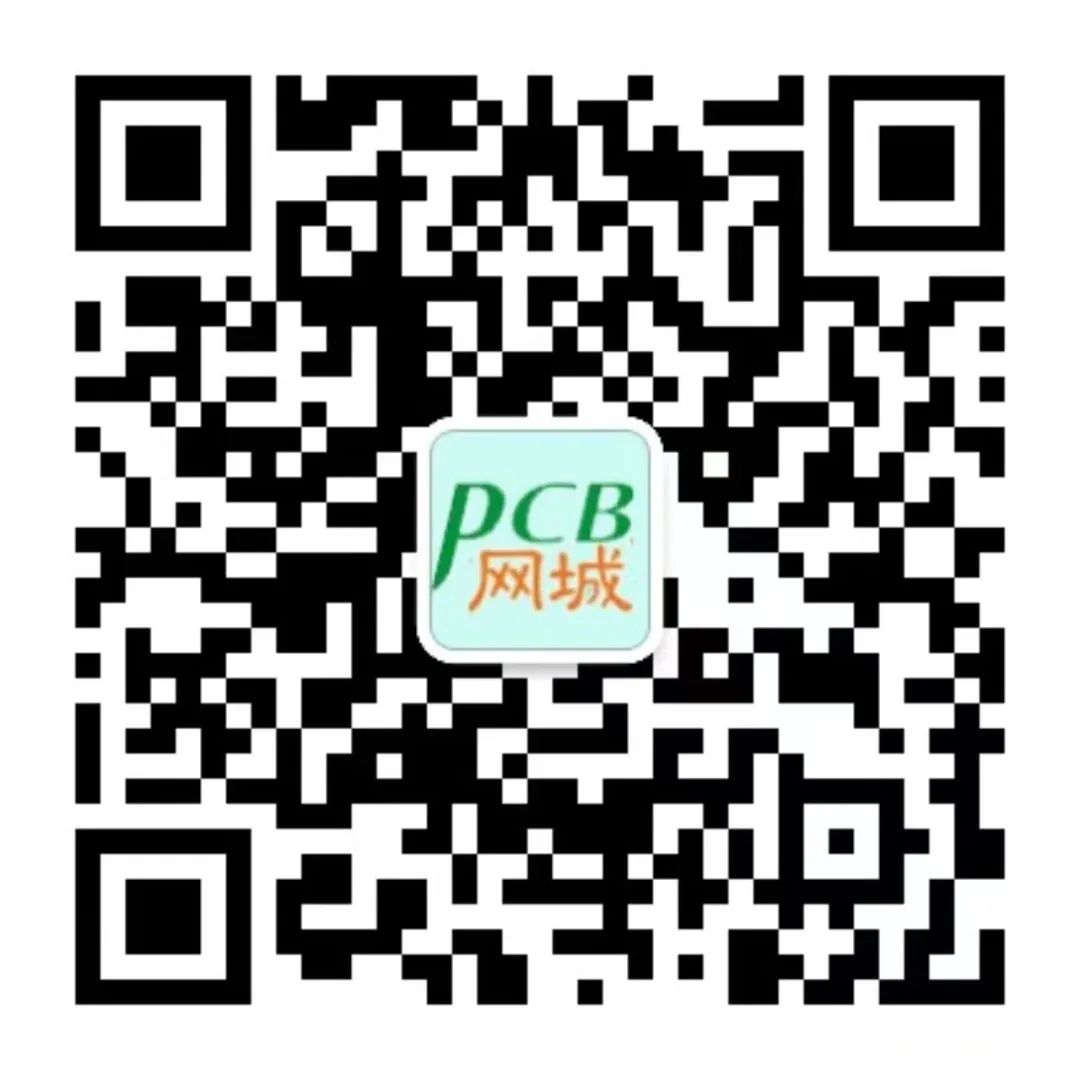 ▲PCB NetworkOfficial Account▲
▲PCB NetworkOfficial Account▲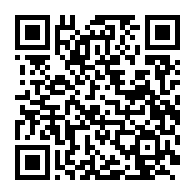 ▲“Printed Circuit News” Electronic Journal▲
▲“Printed Circuit News” Electronic Journal▲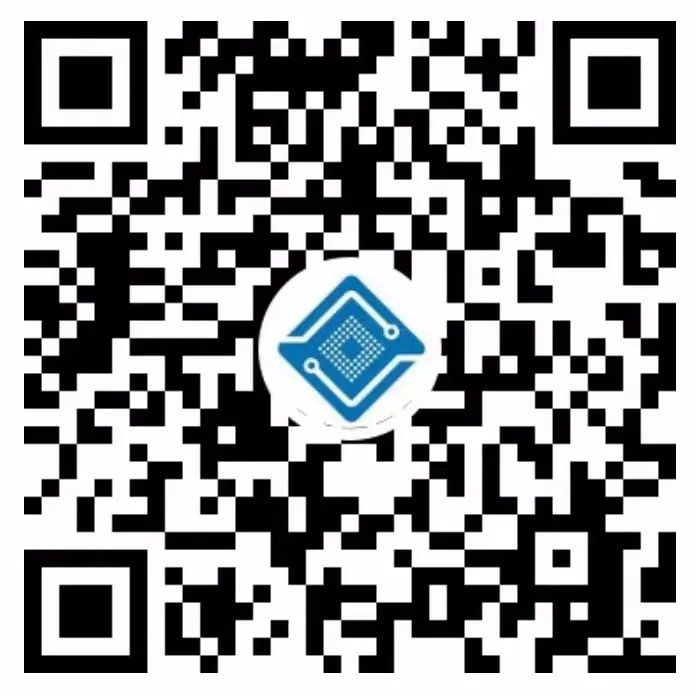 ▲GPCA Video Account▲
▲GPCA Video Account▲